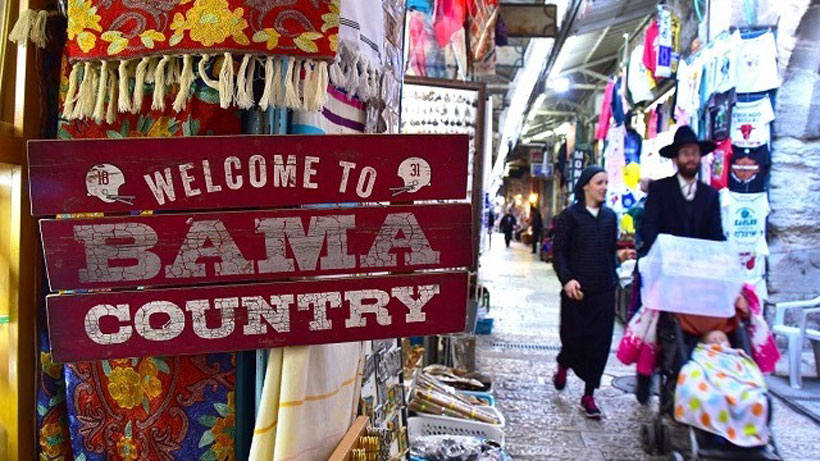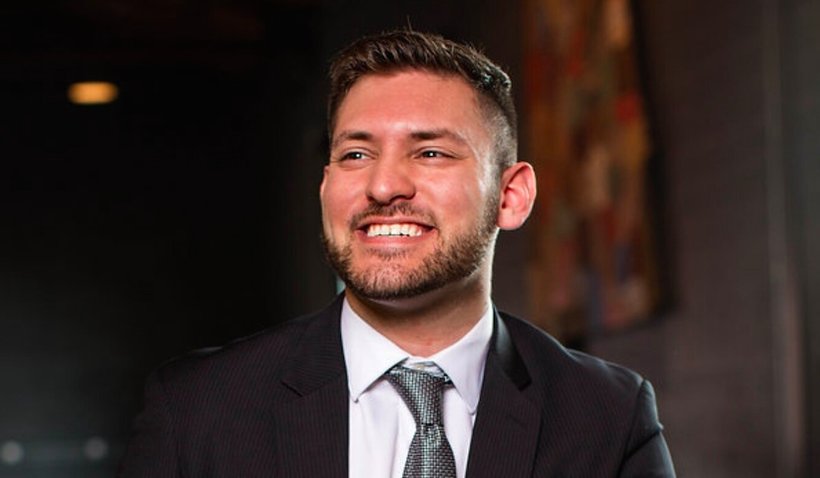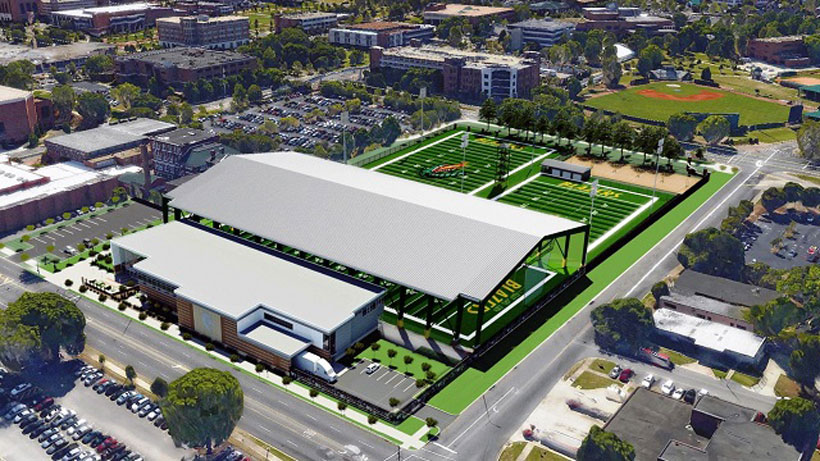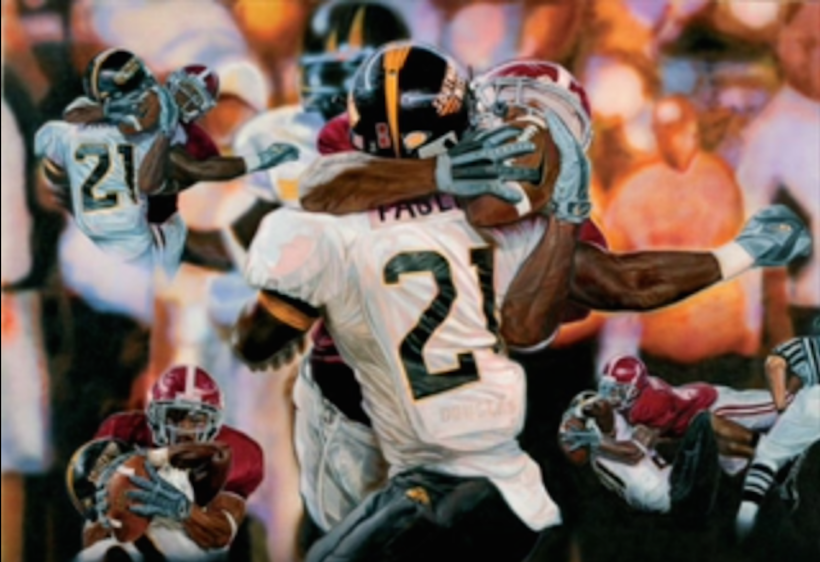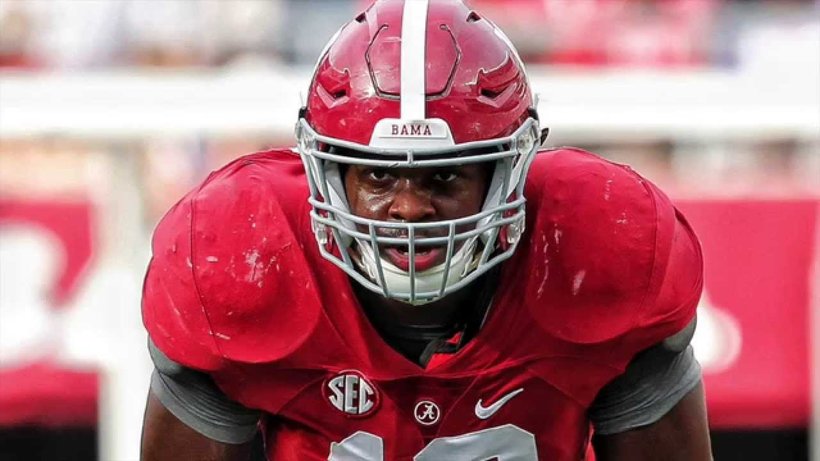
University of Georgia junior running back Todd Gurley crumbled to the turf in Sanford Stadium on Saturday evening after tearing his ACL with just over five minutes remaining in the Bulldogs’ blowout victory over Auburn.
In the moment, concerns for his health trumped everything else, but it didn’t take long for analysts — and probably Gurley himself — to consider the impact the injury would have on his career and, more specifically, his pocketbook.
As a matter of fact, Gurley, the University of Georgia, and a savvy lawyer from Birmingham, Ala., had considered such a tragic scenario long before it actually played out on the field in front of 92,746 stunned fans.
At one point this season, Todd Gurley was a Heisman frontrunner averaging 155 rushing yards per game on over 8 yards per carry. But in early October, he was suspended indefinitely as the NCAA launched an investigation into whether he was given money for autographs, memorabilia or the use of his likeness. A source told ESPN at the time that Gurley had been seeking between $8 and $25 per signature. As a result, he missed four games in the heart of the SEC schedule, taking him out of contention for the Heisman and leading many armchair quarterbacks to speculate that it may not even be worth his time to return to the field to finish out his junior year. After all, why risk injury now when you’ll be signing a multi-million dollar NFL contract in a few months?
That line of questioning so annoyed Georgia coach Mark Richt that he finally snapped at the media, “I don’t know why we keep bringing that up.”
But it was an entirely reasonable thing to ask.
After all, ESPN NFL draft expert Mel Kiper projected Gurley to be the eighth overall pick in the NFL draft. Cleveland Browns defensive back Justin Gilbert — who was drafted in that slot last year — signed a four-year, $12 million deal with a $7.65 million signing bonus, and he probably doesn’t have near the marketability that Gurley would have as a product endorser.
In short, Gurley was taking an enormous financial risk in returning to the field at Georgia.
Sports law expert Marc Edelman succinctly explained the risk in what the Atlanta Journal-Constitution (AJC) referred to as “an eerily prescient piece” published by Forbes magazine.
Todd Gurley has nothing to gain, and everything to lose, by returning to college football. … If Gurley does return, he not only delays … opportunities, but risks losing them forever. Indeed, a single injury over the next several weeks could derail an NFL career, hurt his draft status, or destroy his marketability on even the endorsement market.
That’s exactly what happened. But fortunately, there had been some preparation for this moment.
Universities are allowed to provide high-end insurance policies to their top players. Georgia had acquired such a policy for Gurley prior to his suspension that was reportedly worth $5 million for a totally debilitating injury and $2.5 million for “loss of value” — in other words, a drop in his draft stock.
But ESPN reported over the weekend that Georgia at some point in the last two weeks actually upped Gurley’s insurance policy to $10 million in disability protection and $5 million in loss of value.
So did Georgia up the policy to convince Gurley to take the risk and get back on the field? The AJC lays out the timeline, and how an Alabama-based attorney was right in the thick of it all:

UGA hired William King of the Birmingham law firm of Lightfoot, Franklin and White to represent Gurley on the day the school suspended Gurley and effectively declared him ineligible (Oct. 9). In fact, we learned later it was King and Gurley who delayed Gurley’s NCAA reinstatement for two weeks after UGA completed its investigation of his alleged infractions in just two days. Seems logical they might have been mulling over Gurley’s options during that time.
Gurley’s insurance information is protected by federal privacy laws, and King certainly won’t be commenting on his client’s business. But if that is indeed how it played out, King probably saved Gurley several million dollars in lost earnings that will result from his unfortunate injury.
And as usual, the state of Alabama can’t help but find itself in the middle of one of college football’s biggest stories, even when it’s taking place mostly off the field.
Follow Cliff on Twitter @Cliff_Sims






